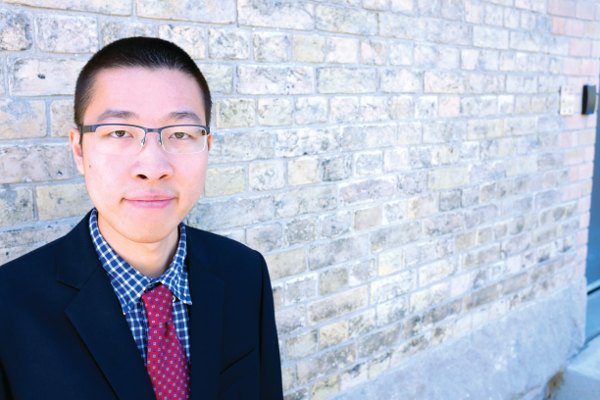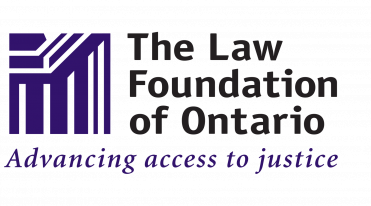
“I always wanted to do family law. It’s a field not many people are interested in because it’s highly emotional and many people just don’t like to deal with other people’s personal issues. But it’s also an area where there are a huge number of people who need legal help and I definitely see it first-hand working as a pro bono student.”
Jin Tan is Pro Bono Students Canada’s Family Law Project Coordinator for Osgoode Hall, York University’s law school. In this volunteer role, Jin recruits and trains law student volunteers and covers shifts at the family law courts.
“Pro bono is a way for me to apply what I’m learning in school. I want to see how law works in real life because I know there’s a gap between how law works in books and how law works for everyday individuals.”
The Pro Bono Students Canada Family Law Project started in 1997 at a provincial family law court in Toronto. Run in partnership with Legal Aid Ontario, the project enlists and trains law students to help low income, self-represented litigants in family courts to fill out court forms. Students help clients to prepare their cases and put their best foot forward before a judge.
Under the supervision of Legal Aid Ontario lawyers, law students work with clients to help them prepare their legal documents for their cases. In a court situation, just telling your story is not enough. Clients need to present the facts and request the remedy they want – both of which need to be connected back to the relevant law. Without legal knowledge, this can be a difficult task. The law students help clients document their situation and present it in a context and language that is appropriate to the court.
Thanks in part to funding from The Law Foundation of Ontario’s Access to Justice Fund, the Family Law Project has expanded to 14 cities across Canada. In Ontario, the project runs 10 months of the year. Last year, 159 student volunteers helped well over 2,400 clients to complete 4,400 court forms.
Some court forms take priority over all others. Ex parte motions are emergency motions when a child could be in immediate danger.
“I worked for hours one day to get an ex parte in front of the judge because the client’s daughter had been taken by the former partner.” Jin said. “I was surprised to see the client back the next day. I was worried something went wrong. But, she said, “I just wanted you to know that because of what you did, I got my daughter back’. I was very proud of that.”
The Law Foundation of Ontario makes grants to a wide range of organizations and initiatives. The majority of the activities funded fit within one, or more, of these four broad areas:
- Public legal education and information to the public to help them address their legal problems
- Justice education to increase people’s, particularly youth’s, knowledge of their legal rights and the justice system
- Enabling legal professionals and students to donate their time and expertise to provide direct pro bono services to the public
- Building the capacity of the nonprofit justice sector to understand people’s legal needs and how to best address and serve them
Visit our annual report website to see more stories and highlights of our granting.


